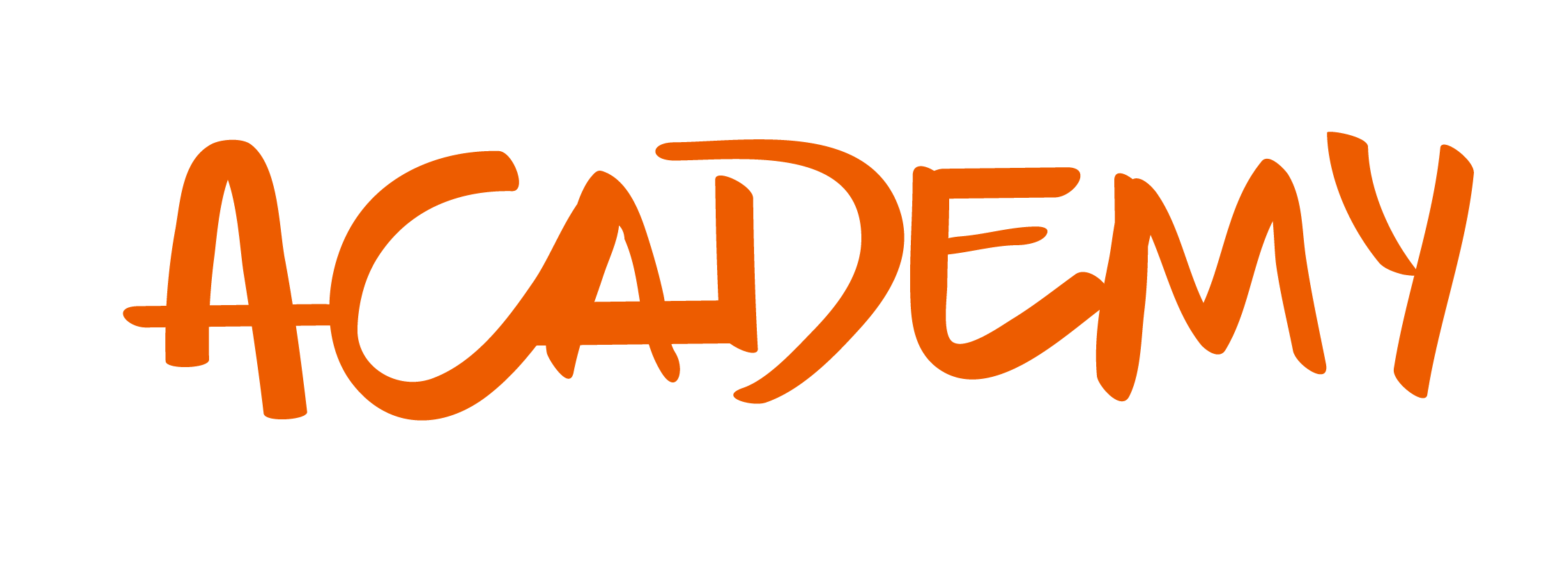Project management is a complex process, one that demands strong leadership and care.
But even the most qualified of project managers face numerous obstacles, as they oversee the entire lifecycle of an initiative and bring it to completion. And they rarely receive credit where credit is due for project success — while, at the same time, they are often blamed for project failures.
The 2021 Project Management Institute (PMI) Pulse of the Profession report finds that organizations that are “gymnastic enterprises,” businesses that are able to achieve flexibility in a difficult landscape, rife with complications, achieve more success.
How can you make that happen? Accounting for these five common project management challenges before they occur, not after, will prove pivotal to your workflow and ultimate success.
5 challenges for project managers
While these are not the only challenges you will face as a project manager and leader at your organization, they are some of the most common and critical ones that arise.
1. Failure to set clear goals and objectives
One survey published in PM Network found that nearly a third of project managers identified unclearly defined visions and goals as the main reason why their projects failed.
Every project, no matter what the sector or nature of the business, demands clear goals and objectives. If the project manager and team members don’t know what they are working toward, then performance will inevitably suffer — as will the end result, the outcomes themselves. There will be an enormous amount of confusion, given that there is no direction. You won’t be able to properly manage and allocate resources, either. That’s true whether there are vague goals or none altogether.
How to solve it:
From the beginning, you must establish goals and objectives. Work with stakeholders and team members to define the vision, and set benchmarks to gauge progress along the way. Ask the right questions: what do the stakeholders want and need in terms of project outcomes? How do they expect to get there?
Many professionals use the SMART framework to facilitate goal-setting, creating objectives that align with their vision and overall business mission. SMART stands for:
- Specific
- Measurable
- Achievable
- Relevant
- Time-bound
Use this framework to ensure you are setting proper goals to guide your project. Additionally, document your objectives, milestones, and benchmarks, so you have them in mind throughout the process.
2. Unworkable deadlines
Impossible deadlines are another project management challenge that goes hand in hand with vague or a lack of goals. Timelines, like goals, serve as a guide for dividing your project realistically and assessing progress along the way.
When you set deadlines that are completely unworkable for your team members, it not only adversely impacts the success of your project but also affects team morale. After all, when your employees are attempting to fit their work into a timeline that is unrealistic and unmanageable, they are bound to feel the weight of failure on their shoulders.
One thing that too frequently contributes to unworkable deadlines is the related issue of scope creep. This occurs when requirements are not clearly established from the beginning — another reason why you must define goals from the get-go — and the project becomes larger and more feature-laden than you originally imagined, impacting the timeline, budget, and other factors. This is a huge challenge, and it’s one that is all too common for project managers.
How to solve it:
Again, your deadlines will be more realistic if you establish clear project goals at the very beginning. Remember — this is key to improving the flow of your entire project and making the work environment a healthier one. It will also help address scope creep if stakeholders have a better idea of what the project entails. Involving them in this goal-setting process will allow them to understand the project scope and how changing requirements will affect the project timeline.
Beyond that, it’s helpful to use project management tools and a methodology that will allow you to create better estimates, thus avoiding problematic, unrealistic deadlines. You can remain abreast of your timelines and see whether or not you are achieving your benchmarks successfully. If not, you will spot the errors quickly, before they escalate into a larger issue. Team members and stakeholders, too, can tap into this technology to review project progress.
It’s also important to set time constraints as part of your initial planning process. While these won’t necessarily be set in stone, they are critical for giving you a sense of the calendar you’re sticking to. Consider previous projects and look into industry standards to determine what timelines are most realistic in this case.
3. Poor communication
Poor communication is the main reason why projects fail, according to Forbes.
Whether that’s ineffective communication, miscommunication, or a lack of communication altogether, it can completely derail your project.
It sounds so simple, right? Unfortunately, communication is a trickier concept to master than many people realize. It’s not just about the project manager’s skills — every team member and stakeholder must have mastered this critical competency, too, in order for everyone to be apprised of efforts and contributions and ensure that the project is coming together and flowing smoothly.
When there is a lack of proper communication, there is little or poor collaboration, an inability to meet deadlines, and unfinished assignments. Tasks might be repeated because Person A is unaware that Person B has already completed them. That’s time and resources wasted, all unnecessarily so.
That’s why there is so much emphasis on strong communication, no matter what the industry or specific initiative.
How to solve it:
Communication starts with your project kickoff. Not having one? That’s your first mistake. By effectively launching your initiative, you are setting the stage for a proper flow of communication. This is an opportunity to discuss and define goals and objectives, present key information that will help your team members do their jobs better, and open the floor to questions.
You should also establish channels of communication upfront. Have a discussion with team members and stakeholders about the best methods for your particular project. Perhaps, for example, you’ll use Slack in some cases and Zoom in others. Or maybe phone calls will be necessary in some cases. You could even send a weekly roundup keeping everyone apprised of your efforts.
No matter what, everyone should be kept in the loop at all times. This leads to a more successful project throughout the process and in terms of the end result.
Project management software can also be an asset that promotes effective communication. These tools not only allow you to track progress and deadlines, but also enable you to communicate goals and efforts. If you see, for example, that a specific task remains uncompleted, you can ping the individual responsible within the software itself.
4. Improper risk management
Every project carries some amount of risk. While it’s impossible to completely address and negate every possible risk from the beginning, it is still important to identify and account for major risks within your initiative, as well as take strides to minimize them and their effects on your overall outcomes and deliverables.
Failing to hone a risk management strategy will mean surprises — often bad ones — over the course of the project. You will be faced with coping with the problems that arise because of these risks in real-time, which will lead to further problems, including extended timelines and stretched budgets.
How to solve it:
Again, you can’t possibly account for or plan for every possible risk. However, you can devise a solid strategy, working with your project members to identify possible issues in the early stages of the project and consider how you will cope with them when they do arise.
This will take some research. You will need to examine common potential risks associated with your industry and specific types of projects within it. You may need to investigate laws in your domain, too.
The important part is that you don’t ignore these problems or pretend they don’t exist — because they do exist, and they demand your attention. This will allow you to control the project as much as possible.
5. Lack of proper skills on the project team
A final, all-too-common challenge that can plague a project is a lack of the necessary skills on your team. This is not only about the technical, hard skills your project requires but also concerns soft skills like teamwork and the aforementioned communication skills.
In fact, even if just one team member doesn’t have the requisite skills for your project, your outcomes will more than likely suffer. Team skills aren’t just the sum of their parts — they must be strong in each individual member and superior together.
That’s not to say that every individual must have all the skills necessary to complete the project — that’s why you have a team and not a single person working on it. That applies to technical skills, at least — there are also certain competencies that everyone must have, such as problem-solving and time management.
How to solve it:
Expertise and fundamental skills are critical for your project’s success. As the project manager, you can only do so much; your team members also need to carry their weight.
Make a list of the skills you will need to tackle the project and bring it to fruition. Determine the intricacies of the specific initiative, and then consider who is best equipped to meet the challenge. Reflect on the strengths and weaknesses of your team members, and figure out how the personalities and skills sets will mesh.
It’s quite possible that you’re lacking certain necessary skills on your existing team. If that’s the case, you will need to find them elsewhere. You may not need full-time employees with these skills and knowledge. Instead, you might hire freelancers or outsource the work to dedicated teams who will help you complete specific projects.
It may be more cost-effective and efficient to train existing staff in some cases, particularly if the competencies required are quick and relatively easy to learn. This, too, will likely involve engaging an outside expert to teach your employees how to perform these particular responsibilities and close the existing gaps on your team.
Addressing project management challenges: a critical part of your plan
It’s critical to account for these major challenges while you’re still in the project planning phase — before they escalate and become a burden to you, your stakeholders, and your team members. But once you have a solid structure in place to grapple with the issues that do arise, you will be well equipped to prevent any project management problems that come your way — or at least have a contingency plan to resolve them.
This is the most effective project management approach — tackling the problem proactively before they interfere with your project’s success.















